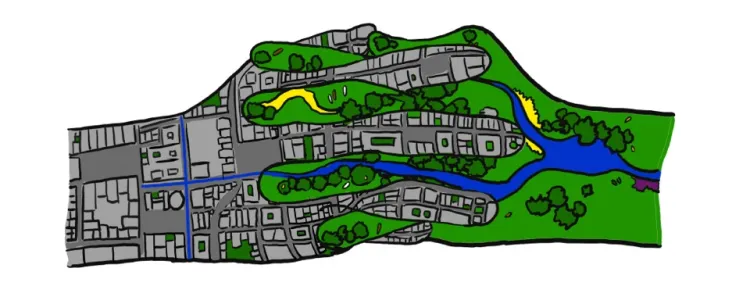Convivial conservation draws inspiration from many promising examples of collectives and individuals doing conservation differently and holistically. Fundamentally, it sees conservation as something that is part and parcel of a broader model of development, and hence if this model of development is unsustainable, so will be conservation. Convivial conservation is therefore a struggle for a more equal and sustainable model of development in the 21st century, and this is what connects it to many similar struggles and movements around the world.
In order to learn from and contribute to these struggles and practices about doing conservation differently, a growing number of research projects and initiatives have recently started. The idea is to build on these examples to develop a general conservation model embodying more convivial principles both within these sites and elsewhere.
Here are some projects that work directly or indirectly on promoting convivial conservation:
Living Landscapes: Disrupting, transforming and renewing Conservation in Southern Africa
CONVIVA: Towards Convivial Conservation: Governing Human-Wildlife Relations in the Anthropocene
